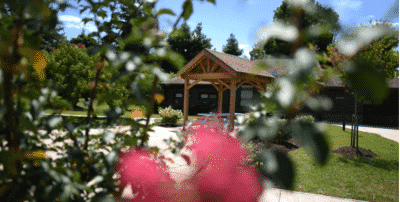As the COVID-19 pandemic persists, a collective promise of hope is echoed by our leaders and public health officials: we are in this together and we will get through this. Although our nations have recovered from war, terrorism, natural and manmade disasters, the threat of COVID-19 brings anxiety and existential fear that we have never experienced before.
Everyone is finding their own way to cope with the COVID-19 pandemic and the loss of normalcy. In the face of adversity, research demonstrates that embracing a spiritual or religious practice is a critical component of individual resilience. For those who regularly attend a weekly worship service or gathering, the sudden absence of these activities constitutes a tremendous loss and could not come at a worse time.
What does spirituality mean to you?
Spirituality is unique to each person. One way to define spirituality is as a connection that gives meaning and purpose to your life. For some, it means connecting with God or a higher power. For others, it means connecting with nature or helping those in need. During difficult times, spirituality is a source of strength, hope and faith.
Spiritual Practice During a Pandemic
For many fire service personnel, spirituality, faith and religion are essential components of daily life. Since the COVID-19 outbreak began, you have probably been reminded that social distance does not mean social isolation. The same is true for spirituality. Just because you can’t attend weekly services or gatherings does not mean you must disconnect from your spirituality or faith during this time. If you are feeling spiritually disconnected or isolated, consider these ideas for reconnection:
- Talk to Your Chaplain or Spiritual Advisor.
Most fire departments have a chaplain to provide spiritual guidance, counseling and emotional or family support during difficult times. Chaplains can be from a specific religious denomination or non-denominational. Check in with your chaplain and explore how you and your family are coping. If you have never connected with your chaplain, now could be a good time to start.
- Attend Services Online.
If you attend a weekly church or worship service, find out if services are being held online. Many churches and places of worship continue to offer live-streamed services over the internet complete with music, prayer and ministry. If your place of worship does not hold online services, contact your spiritual advisor to suggest an online service.
- Connect With a Small Group Online.
If you are part of a small group or ministry within your place of worship, establish a group video chat if one is not happening already. If you are feeling spiritually disconnected, chances are others in your group are as well. There are many online video conferencing platforms that offer secure meeting spaces for small group check-ins.
- Serve Your Community.
The fire service is bonded by one common value that brings life meaning: service to others. Both within and outside of your firehouse family, there are likely specific needs that have emerged as a result of the COVID-19 outbreak. Contact community leaders in your church, children’s school or IAFF local to determine if there are any needs you can address while maintaining your own safety and social distance.
- Pray or Meditate.
If you have established a daily prayer or meditation, now is the time to stick to it. A daily ritual can look different for everyone. Prayer usually involves intentional communication with a higher power to request support, express gratitude or simply connect. Meditation is a practiced focused attention and awareness that may or may not involve a higher power. Both prayer and meditation are something you can do anytime and anywhere.
- Connect With Nature.
For many, connecting with nature is a deeply satisfying and spiritual experience. While staying home and practicing social distance is key to reducing the spread of COVID-19, you are permitted to go outside for fresh air and exercise. If you live close to a quiet spot in nature, visit that place for some personal time to connect and recharge.
- Find a Reason to Be Grateful.
During these difficult times, it’s easy to get consumed by everything that’s going wrong, while taking for granted the many things that are still going right. Despite the challenging circumstances you may face, it can quickly put things in perspective to consider that things could always be worse. Instead of focusing on what’s wrong, try to identify three small (or big) things that you can be grateful for today.
The IAFF Is Here for You
The IAFF Center of Excellence for Behavioral Health Treatment and Recovery is a residential treatment center for IAFF members struggling with addiction, post-traumatic stress disorder (PTSD) and other co-occurring mental health problems. The Center remains open and willing to serve IAFF members while continuously adapting patient screening, contact precautions and isolation protocols as recommended by the Centers for Disease Control and Prevention (CDC). For the latest updates, behavioral health resources and IAFF guidelines for responding to COVID-19, visit www.iaff.org/coronavirus.
Lauren Kosc, M.A., LCPC is a behavioral health specialist, clinician and blog writer for the International Association of Fire Fighters.






